
A campaign group supporting people with coeliac disease has urged more suppliers to sign up to its labelling scheme.
Coeliac UK said clearer and more accurate labelling of products provided a “lifeline” for people with the condition, which causes the body to attack its own tissue if a person with the condition eats gluten.
It revealed new research showing 76% of shoppers on gluten-free diets wanted products to be labelled with its Crossed Grain trademark, which is licensed by the charity to brand owners and is used by more than 90 suppliers to date.
The campaigners said the label shows that a product has been through a rigorous process, based on an international standard, to demonstrate that it is for safe consumption for people with coeliac disease.
Manufacturers and brand owners can apply for a licence to use the Crossed Grain trademark and certify their eligible gluten-free products with Coeliac UK, as well as being able to access consultancy support to ensure on-pack messaging and labelling meets gluten-free legal requirements.
Coeliac UK surveyed 6,500 people on a gluten-free diet, 77% of whom have been diagnosed with coeliac disease, to gauge appetite for the labels.
“Coeliac disease is an autoimmune condition caused by a reaction to gluten,” said Coeliac UK CEO Hilary Croft.
“At least 1 in 100 people in the UK and Europe are affected by coeliac disease, where the only treatment available is to follow a strict gluten-free diet for life.
“This makes food labelling incredibly important as eating food containing gluten can have a serious impact on the health of people with coeliac disease. The Crossed Grain trademark is a nationally and internationally recognised symbol, promoted by coeliac organisations across the world, providing a trusted and quick signpost for consumers that the food products are safe for them to eat.”
Chris Hook, director of free from at Warburtons, a Crossed Grain trademark licensee, said: “We have been using the Crossed Grain trademark since we launched our gluten-free range in 2011, and without it, our free-from range wouldn’t be where it is today. The benefit to both us, as a manufacturer, as well as our retail partners and consumers cannot be underestimated.”









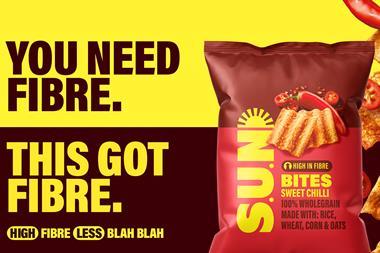
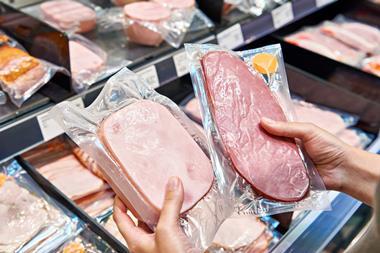
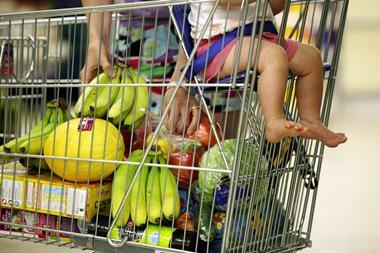





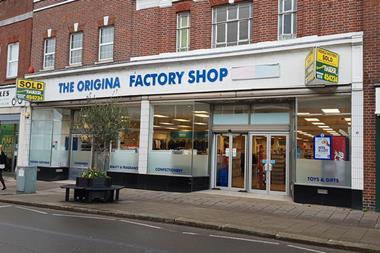
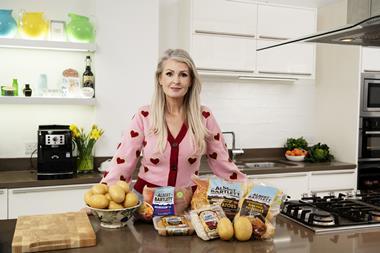
No comments yet